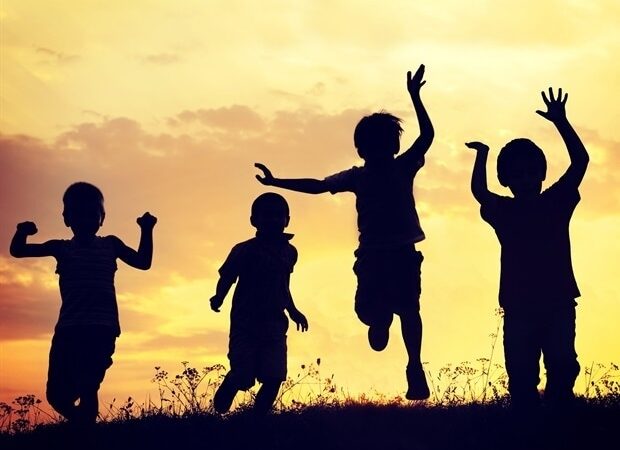To create a safer learning environment for Black students, schools should turn to culturally relevant and Afrocentric policies and practices that better incorporate their identity in the school culture, according to a new University at Buffalo-led study.
The research, published earlier this year in School Psychology International, suggested that practices such as allowing Black students and their families to co-create school rules, removing zero-tolerance discipline policies, creating mentorship programs that pair Black students with Black adults and promoting the use of mindfulness among students could have a positive impact on the educational experiences of Black youth.
Black students are more likely than any other racial group to experience exclusionary discipline such as suspensions and expulsions. The discipline gap exists as early as preschool, as Black preschool children are nearly four times more likely to receive suspensions than white preschool children, according to the United States Department of Education.
Black students also report feeling less safe at school than White and Asian students, even when controlling for neighborhood factors, says lead author Kamontá Heidelburg, PhD, assistant professor of counseling, school and educational psychology in the UB Graduate School of Education.
Ensuring a school environment that is physically and psychologically safe for students is critical for them to learn and grow, particularly for minoritized students continuously oppressed by systemic barriers. Culturally incongruent curricula, discipline disparities and bias from school staff are all part of the schooling experience for Black students. School safety must be reexamined and reconceptualized to promote a safe, secure and welcoming environment for Black students.”
Kamontá Heidelburg, PhD, assistant professor of counseling, school and educational psychology, UB Graduate School of Education
Heidelburg and his co-authors – Chavez Phelps, PhD, assistant professor at Georgia State University; and Tai A. Collins, PhD, associate professor at University of Cincinnati – suggest numerous interventions to help foster a safe learning environment for Black students.
Among their recommendations:
School staff should highlight the accomplishments of Black people throughout society to better teach Black students about their history and help promote pride in their racial identity, allow Black students and their families the opportunity to co-create school rules to better fit their norms and values, and provide anti-bias and racial literacy training to school staff so that they can understand the intricacies of the Black experience in the U.S. and better discuss race and racism with students.
Schools should also use discipline data to identify the teachers who are most likely to issue discipline and the students who are most often targeted. Additionally, schools should replace zero-tolerance discipline policies and the use of school security measures – which push Black students out of school into the criminal justice system – with compassionate conflict resolution interventions such as classroom agreements and amend-making meetings.
The researchers also recommend mindfulness as a powerful tool to help empower Black youth to manage stress and their emotions. They add that school-based mentorships with Black adults help protect Black students from institutional barriers by helping them foster positive relationships with adults who are not their caregivers, make better life choices, and build their self-esteem and pride in their identity.
“Every Black student deserves to feel that they are seen and valued, and that they are safe in a world that rarely allows them to have such experiences,” says Heidelburg. “Schools are faced with an ultimatum and must decide to either be a part of the solution and better support the experiences of Black students or to maintain the status quo and further oppress Black students.”
Source:
Journal reference:
Heidelburg, K., et al. (2022) Reconceptualizing school safety for Black students. School Psychology International. doi.org/10.1177/01430343221074708.



































